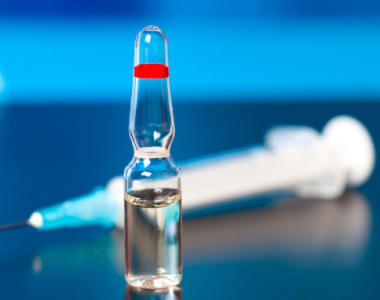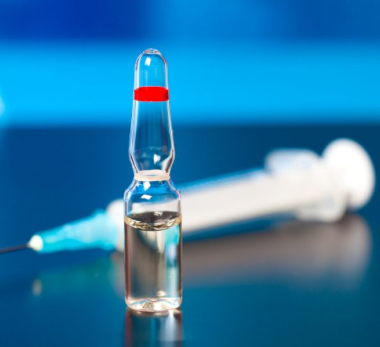
Testing started for coronavirus vaccine


In February Moderna Therapeutics, Cambridge-based (near Boston) biotech group, smashed a record for the fastest time between identifying a virus ( Covid-19) and creating a vaccine ready to test on humans in 42 days.
Juan Andres, a former Novartis executive to help it ramp up manufacturing of its experimental drugs and vaccine at the new facility in Norwood. Andres, a pharma veteran in charge of manufacturing the vaccine was tracking on his phone the delivery truck carrying the potential vaccine to a discreet location.
Moderna one of the state’s largest and most valuable private biotechs will oversee the 500-employee company’s efforts to scale up manufacturing of its medicines for testing in preclinical studies and early and mid-stage human trials.
The US National Institutes of Health would start the trial to test if it works.
Moderna, one of the 20 companies including big pharma companies like Johnson and Johnson, Sanofi, University of Queensland, GlaxoSmithKline worldwide racing to develop a vaccine for Covid19.
Genetic sequencing and new structural biology tools are transforming vaccine development, allowing scientists to create their own synthetic versions of the viruses.
Donald Trump Pumps in money
President Donald Trump signed legislation allowing $8,3bn in funding to respond to coronavirus, as the US is coping with mounting cases across the country with growing concern about the economic and financial fallout from the outbreak.
“ We’ve signed the $8.3bn, I asked for two-and-a-half and I got $8.3 and I’ll take it,” Mr. Trump said at the White House before heading on a trip to Nashville, Tennessee to visit an area hit by a deadly tornado this week and on to his resort at Mar-a-Lago, Florida.
There are 149 cases of coronavirus in the US, 10 people have died from the disease. The largest funding $3.1bn will go to the public health and social services emergency fund and will be used for the development of the drugs, diagnostics, and vaccines, prioritising platform-based technologies. $2.3bn will be given to the CDC almost $1bn of which must be given out as grants to state and local organisations to track the disease and control it on the ground. Of that $300m must be spent on the crisis globally. The National Institution of Allergy and Infectious diseases which carry out basic research has partnered with vaccine makers who will receive $836m.
